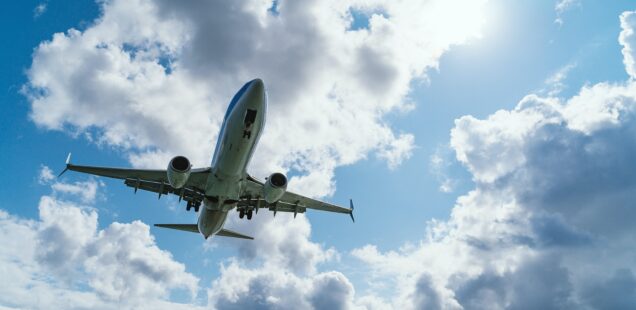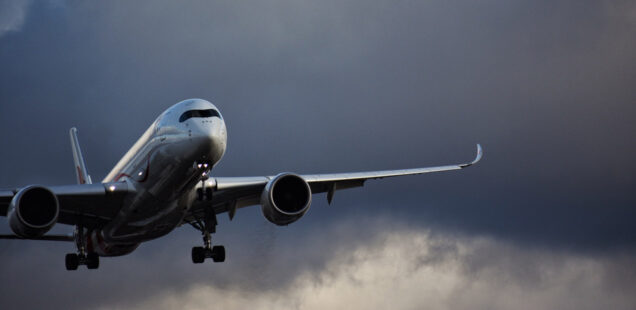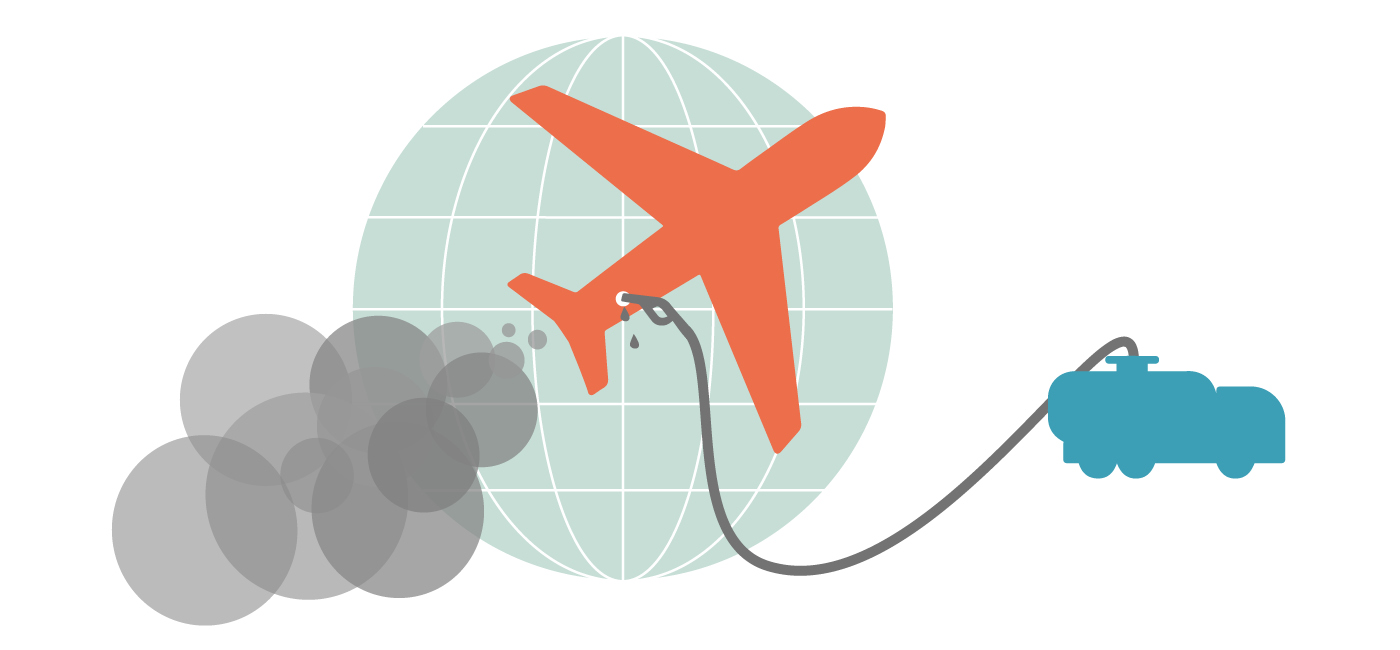Air Miles
Air travel by academic staff is the largest contributor to greenhouse gas emissions at GIUZ. Our aim is to quantify, address and reduce the amount of air travel at our department.
A collective effort to reduce flying in academia
Being recognised with the UZH Team Effort Award for our pioneering role in this area underlines the importance of continued focus on how to curb air travel-related emissions in research and academia. As a team, we are proud to be contributing to a low-flying future.
Read more ...
GIUZ Blog, 06.05.2024
UZH Team Effort Award 2023
Laudation
With the Team Effort Award, the University of Zurich honours the Air Miles Group of the Department of Geography (GIUZ) for its pioneering role in reducing flight-related emissions at UZH. Air travel accounts for a large proportion of UZH's greenhouse gas emissions. Since 2017, countless hours of voluntary work have been spent at the GIUZ collecting, analysing and publishing the flight data of employees and guests on an annual basis. In 2020, the Air Miles Group used this data to set reduction targets for the GIUZ and developed strategies to achieve them, as well as an advisory service for members of the department. The Air Miles Group thus raised awareness of an issue that is also very important from a university-wide perspective.
Air Miles Timeline
Milestones in our air miles activities (GIUZ), those of the Faculty of Science (MNF) and the University of Zurich (UZH). Click on the hotspots to get more information.
The GIUZ Airmiles Report 2023
In 2023, total air travel at GIUZ remained almost the same as the year before, but lower than in pre-Covid years. Flight distances and emissions were almost exactly meeting the UZH target. The most frequent reasons for air travels were conferences / workshops and field trips / excursions.
Scenarios for the future
How can we reach our air miles reduction goal? What do you think?
- Can we already reach the target by avoiding short-distance flights in Europe?
- Should we still fly to far-away destinations?
- What about inviting fewer guests arriving by plane?
- And which division at GIUZ has the best environmental footprint for air miles?
Have a look at the five scenarios in the slideshow below and find out!
We want to learn about your ideas and scenarios to reduce air miles at the GIUZ! See us in the Air Miles Monitoring group and join the discussion! Contact















